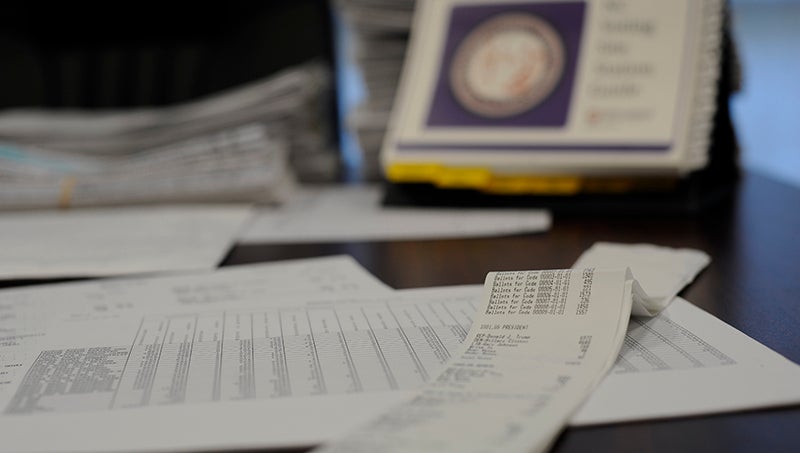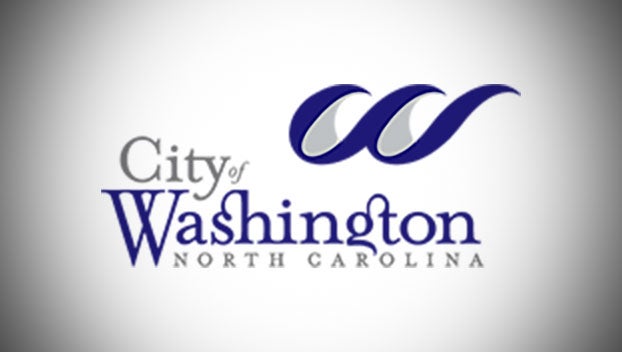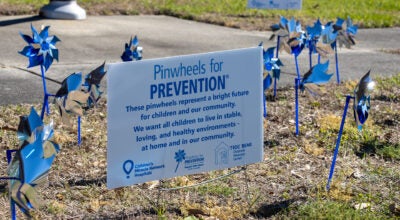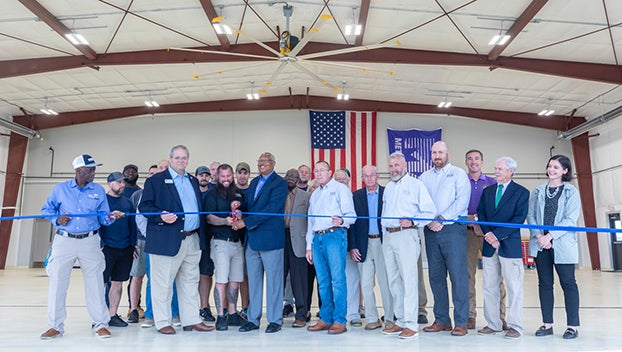State Elections board will fight voter records subpoena
Published 10:50 pm Friday, September 7, 2018
The State Board of Elections will not comply with a U.S. Attorney’s Office demand to turn over five years of voting records, and will assist counties’ legal efforts to do the same.
An emergency meeting of the State Board of Elections and Ethics Enforcement on Friday resulted in the unanimous vote of the nine-member board to authorize the North Carolina Attorney General’s Office to take all necessary steps to quash the subpoena to the state board for its records, as well as take the same action on behalf of all counties affected.
The Beaufort County’s Board of Elections is one of 44 boards issued a subpoena late last Friday demanding that voter records, including ballots and authorization to vote forms, be turned over to the U.S. Attorney’s Office, Eastern District of North Carolina, in U.S. District Court on Sept. 25.
It’s an unprecedented request, according to both the state Board of Elections and local Elections Board Director Kellie Harris Hopkins. State board Vice Chairman Joshua Malcolm issued a strongly worded statement during Friday’s meeting: “The subpoena we’ve received was and remains overly broad, unreasonable, vague, and clearly impacts significant interests of our voters, despite the correspondence received from the U.S. Attorney’s Office for the Eastern District of North Carolina to Mr. (Josh) Lawson, (State Board general counsel). The fact is the subpoena has not been withdrawn, despite such correspondence. For context, over the last five years that I’ve served on the State Board, this Board has routinely referred matters to the Eastern District of North Carolina for investigation, even when not required by law, policy or otherwise. I know this to be true because in many of those circumstances, I’ve made motions to refer those matters. To be clear, it’s my belief this Board stands ready to assist any appropriate federal/state law enforcement/prosecutorial agency in pursuit of any suspected illegal activity involving the voting process. But, this Board will, as required by our fiduciary responsibilities as state election officials, not stand idly by and consent to any agency attempting to obtain records and documents that violate the principles of overreach by the federal government, as in this circumstance.”
While the U.S. Attorney’s Eastern District Office attorney Sebastian Kielmanovich did walk back the initial records demand Thursday, the office is still requiring other forms be turned over — forms that do have confidential information.
“It’s never been confidential who votes. Anyone can request who voted in every election. They can do that without a subpoena, but they wouldn’t be able to get (voters’) date of birth, their signature or the last four digits of a Social Security number or driver’s license number,” Hopkins said. “What they asked for, first, was ballots. Ballots are always confidential. Ballots are never, ever public record.”
Citing voters’ rights to privacy, Kielmanovich’s follow-up email to the state and the county boards of election modified the ballots request, suggesting actual vote information and any voter’s candidate choices on ballots could be redacted. However, the request for authorization to vote forms from the county boards and voter registration records from the state boards remains.
“They requested ATV (authorization to vote) forms, which are the forms you sign when you register to vote — that’s where the signatures would be. From the state board, they requested voter registration records — that would be where the date of birth, license, Social Security numbers are,” Hopkins said.
A similar request for voter information was made of all 50 states by the Presidential Advisory Commission on Election Integrity in July of 2017. The North Carolina State Elections Board complied in as much as it provided a link to the data that was already public record, but it did not provide voters’ birth dates, Social Security or driver’s license numbers.
It has not been made clear why the U.S. Attorney’s Office Eastern District of NC requires the information, other than a statement by Immigration and Customs Enforcement PIO Bryan Cox stating that it was part of an ongoing investigation into foreign nationals claiming U.S. citizenship in order to vote in the 2016 election — 19 non-citizens were charged Aug. 24 with voting illegally.
Hopkins said in the 20 years she’s worked at the Board of Elections, she’s encountered situations where non-citizens had registered to vote less than 10 times.
“That doesn’t mean they voted. A lot of times, they registered but didn’t vote. They went to the DMV and didn’t quite understand what they were signing, and they registered to vote,” Hopkisn said. “I can’t remember one that voted and we found out after an election.”
Post-election audits and periodic checks by the state board seek out discrepancies in voter rolls, she said. If there is a question of citizenship and illegal voter registration, that person is given 30 days to appear at the Board of Elections to settle the question. If the person does not appear, or cannot prove citizenship, his name is taken off the voter rolls.
According to Malcolm’s comments from the state board, the subpoena ICE’s investigation into illegal voting has infringed on legal voters.
“I agree with the State Board, and I have questioned why every voter in Beaufort County would need to be turned over to ICE, or that information turned over to ICE for every voter in the county, when there’s not an issue of most voters’ citizenship status,” Hopkins said. “Are they investigating all of us? There’s not suspicion that everybody in the county is an illegal voter. It wouldn’t have been a blip on the radar screen if it was individual voters (they asked for), but this was everybody, including myself.”
Hopkins said she, and the 43 other boards of elections directors, are awaiting further instruction from the State Board and the North Carolina Office of the Attorney General. That the state is taking on the role, and expense, of representing counties already burdened by the extra expense of additional One-Stop voting hours this election, is appreciated, she said.
“Usually the state board takes the stand that they are not the counties’ attorneys. They do not legally represent individual counties. That’s kind of why it’s significant.”






